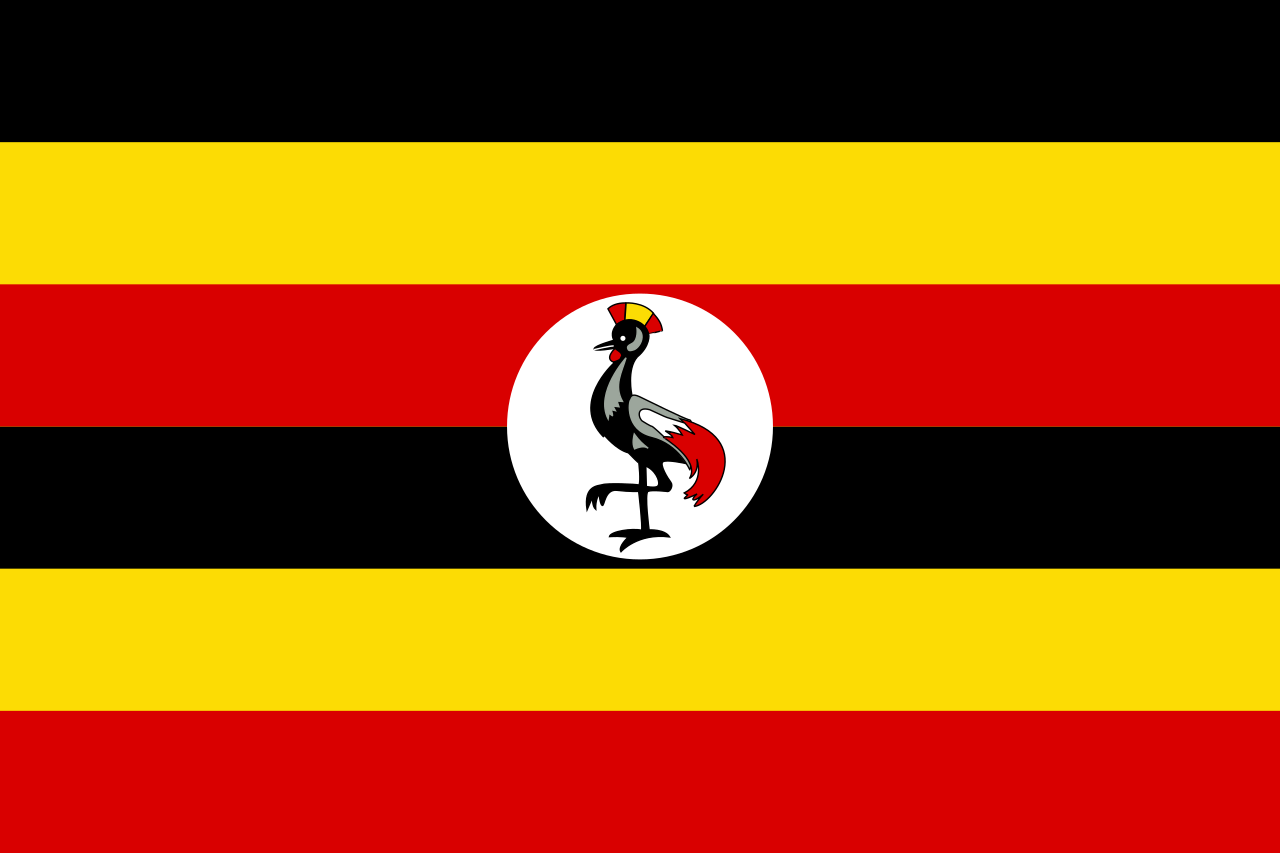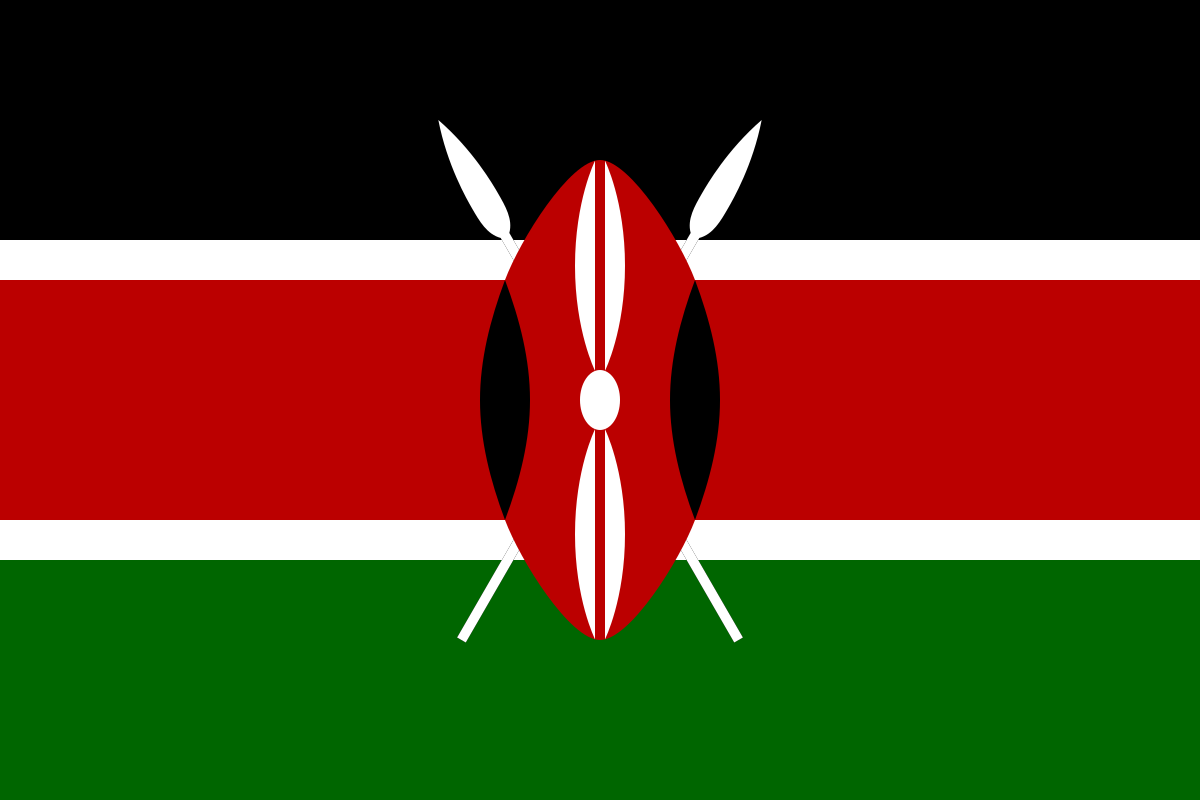Kenya and Uganda have revived the near-dead project to build the standard gauge railway between them, signalling renewed efforts to upgrade infrastructure on the Northern Corridor for better trade. But the joint declaration issued on Friday by the two governments is highly dependent on how soon a financier comes on board. It is lack of money that killed the earlier plans, rendering the SGR the “railway to nowhere.”
This time, ministers in charge of transport said they had renewed a joint search for the money, which could include loans or an arrangement for the public-private partnerships. If all goes to plan, the contractor should be on site from December to build the SGR extension from Naivasha to Kampala, in the immediate term, before extending to Uganda’s frontier towns with Rwanda and South Sudan.
The two governments signed the deal to finalise joint resource mobilisation in the next four months to fund the line from Naivasha to Malaba to Kampala and from Kampala to Kasese-Mpondwe with a branch line from Bihanga to Mirama hills.
Once the project is completed, goods from Mombasa to Uganda border with Rwanda and South Sudan will be ferried by SGR.
The deal signed by Ugandam Minister of Works and Transport Katumba Wamala and his Kenyan counterpart Kipchumba Murkomen will see increased use of rail to haul Uganda-bound cargo using the SGR and the meter gauge rail from Naivasha to Malaba border in the coming months.
“The commercial contracts for Naivasha-Kisumu and Kisumu-Malaba SGR section in Kenya have been signed while the commercial contract for Malaba-Kampala SGR section in Uganda will be signed soon and the two government are in the process of mobilising the financing for construction.
“The two governments acknowledge the importance of synchronisation of the construction of the SGR section to achieve viability,” read the joint communique issued at Mombasa SGR terminal after signing the agreement.
Mr Murkomen said they have already placed their offers to different financiers from Europe and in Middle East who have shown interest in investing. This kind of project was in fact envisaged 8 years ago but fell through as Uganda and Kenya failed to raise financing from China.
In January, Uganda signed a memorandum of understanding (MoU) with Turkish firm Yapi Merkezi to pave way for the construction of SGR from Malaba to Kampala.
That was after eight years of non-execution despite talks with China Harbour Engineering Company (CHEC) to build the country’s first phase of a 273km SGR line from Malaba to Kampala.
Gen Wamala said Uganda is working with a Turkish Company on a feasibility study from Malaba to Kampala and to Kasese and Tororo.
“We are in the final stage of getting financier and we are weighing which will give us best deal and the two government hope to start this before the end of this year through joint funding,” said Mr Murkomen.
The line, starting from the Malaba border post between Uganda and Kenya, was expected to cost $2.2 billion, but the Chinese financiers did not fund the project after casting doubt on Kenya’s SGR reaching the border to link with Uganda’s and making the project viable. Funding had been conditioned on a joint bid, which both countries couldn’t mount.
In 2019, then Kenyan President Uhuru Kenyatta on his fourth trip to China failed to secure $3.68 billion to fund the third phase of his signature SGR project to extend to Kisumu, then on to Malaba.
Instead, Kenya bagged some $400 million to be used to upgrade its 120-years old metre-gauge-railway to Malaba on the border with Uganda. Beijing’s assessment indicated at the time that without Uganda, whose participation is key to connecting South Sudan and Rwanda to the Indian Ocean port of Mombasa, the SGR’s viability would be undermined
Now Kenya and Uganda say the SGR will improve in efficiency and reduction of transportation costs. The project is to be undertaken as the Northern Corridor Integration Projects Initiative, which will include Rwanda and South Sudan in future, and Burundi and even Democratic Republic of Congo.
“The two governments recognise the importance of addressing challenges that would impact negatively on attracting financing for the sections and which would as well disadvantage Uganda and Kenya in terms of reaching Rwanda, South Sudan, DR Congo and Burundi,” said the two governments in a communique.
“As we wait for the construction of the SGR, we have agreed on how to support existing infrastructure where we have to use SGR to Naivasha to transport cargo from Mombasa port and forward cargo to Uganda using MGR from Naivasha to Malaba for ease transfer of cargo,” said Gen Wamala.
According to the Kenya Ports Authority (KPA) data, Naivasha Inland Container Depot (NICD) has continued to receive increased cargo, both containerised and conventional cargo, for the last three months despite President William Ruto’s government reversing an earlier policy that had forced importer to clear goods in Naivasha, rather than the Port of Mombasa.
The NICD recorded 1,670 tonnes of conventional cargo which included wheat, maize, and fertilizer in March. Its throughput reached 3,662 tonnes. In May, cargo handled at Naivasha increased to 4,530 tonnes.
Kenya has been enticing neighbours to use of the Naivasha facility for storage of cargo, with initial free storage, to relieve the Mombasa Port of congestion. The facility has capacity to hold two million tonnes of cargo annually.
“The high average inflation rate in East Africa in 2022 was largely due to the hyperinflation in Sudan (139.0 percent), galloping inflation in South Sudan (43.5 percent), and high inflation in Ethiopia (26.6 percent),” the report says.
“The current conflict between Sudan’s military and the country’s main paramilitary force is a threat to regional stability and is likely to lower these projected growth rates, ” says the report.
It also mentions the conflict in Ethiopia’s Tigray area as a threat to economic growth in the region.
“In Ethiopia, the high inflation rate in 2022 was primarily driven by high global food and oil prices and the Tigray War which threw the country into turmoil.,” says the report.
“The domestic conflict in Tigray exerted pressure on the central government finances, widened the current account deficit, and exacerbated capital flight from foreign investors, and thereby dwindled foreign exchange reserves.”
The conflict has been going on since November 2020, resulting in many casualties and leaving millions of internally displaced people.
The rise in global food and energy prices in 2022 can be largely attributed to Russia’s invasion of Ukraine.
“These shocks have had profound effects on our economies, increased the cost of living and constrained the fiscal space in the region, like elsewhere on the continent,” said Prof Njuguna Ndung’u, Kenya’s Cabinet Secretary for the National Treasury and Economic Planning.
“What appeared to be a promising post Covid-19 economic recovery is now overshadowed by new shocks and vulnerabilities.”
The external risks include a global economic slowdown, rising commodity prices, persistence of Russia’s invasion of Ukraine, international trade policies, tightening of global financial conditions, exchange rate depreciation, and a resurgence of Covid-19.
The domestic risks include gaps in infrastructure, domestic conflicts and political instability, macroeconomic imbalances, and adverse impacts of climate change. - ANTHONY KITIMO, The EastAfrican








